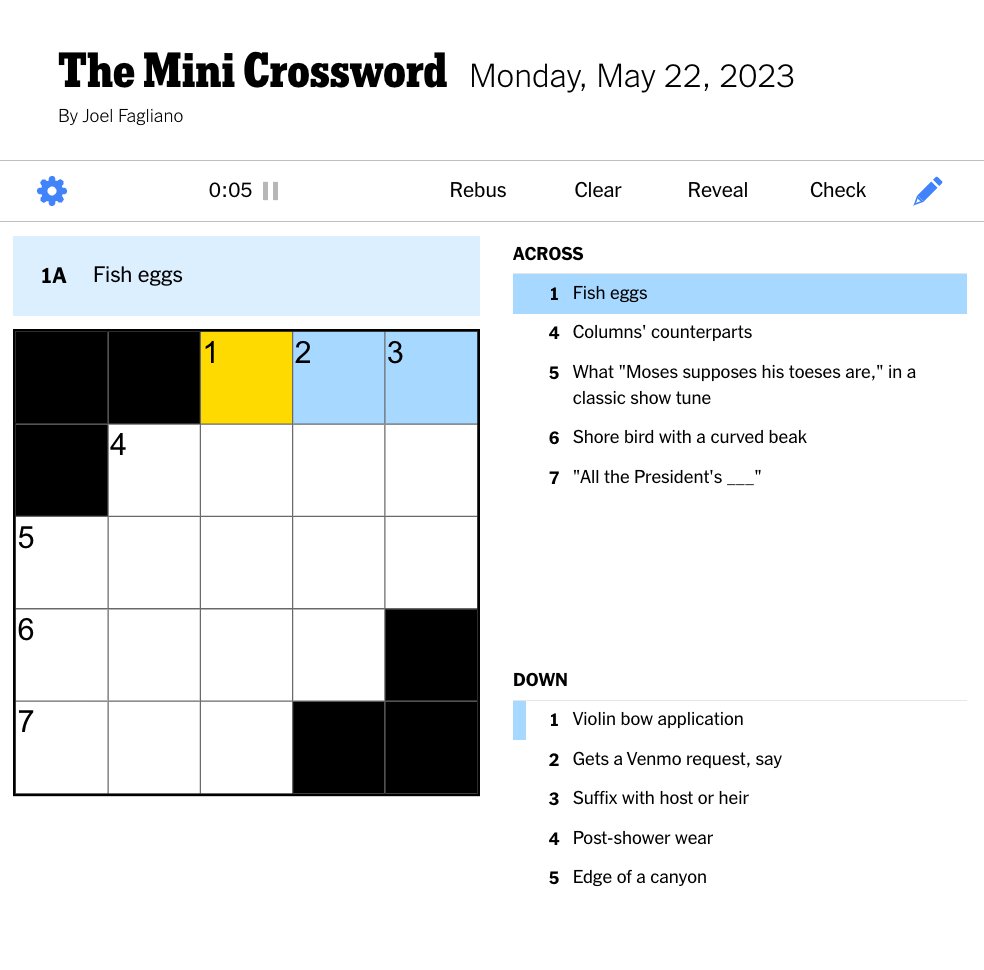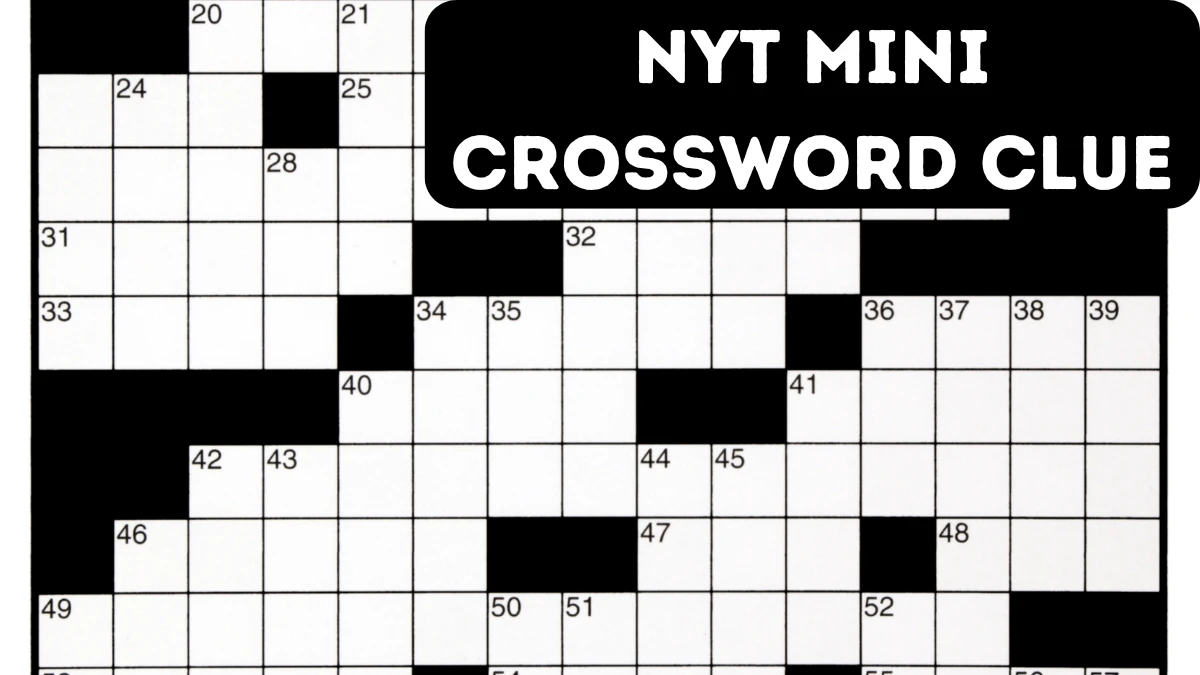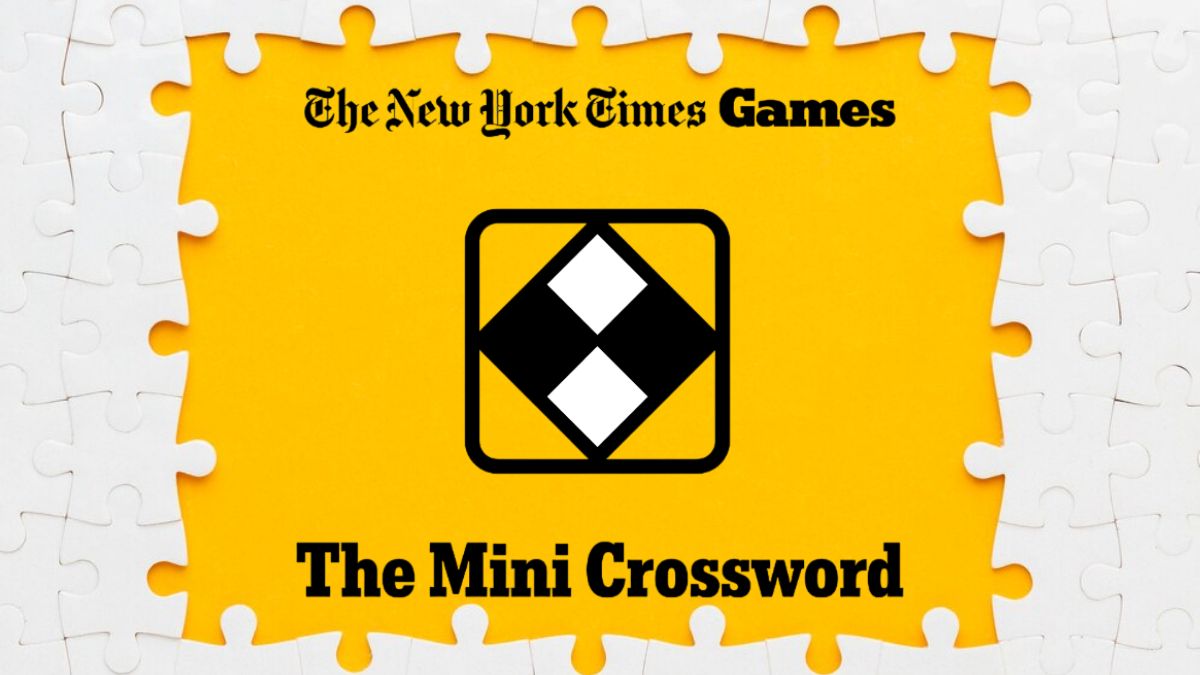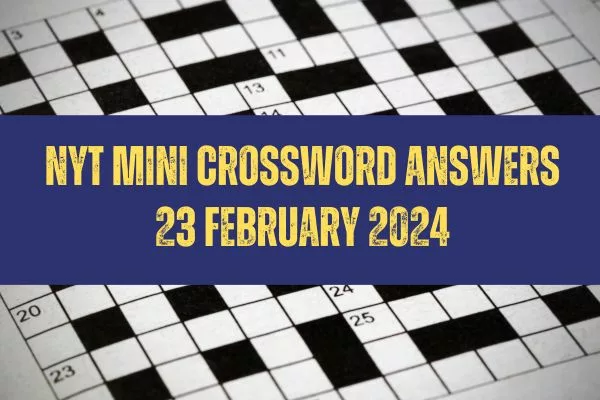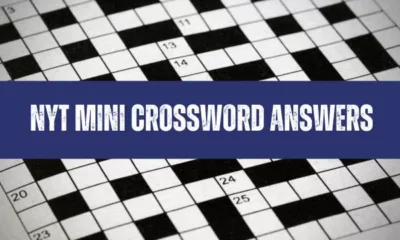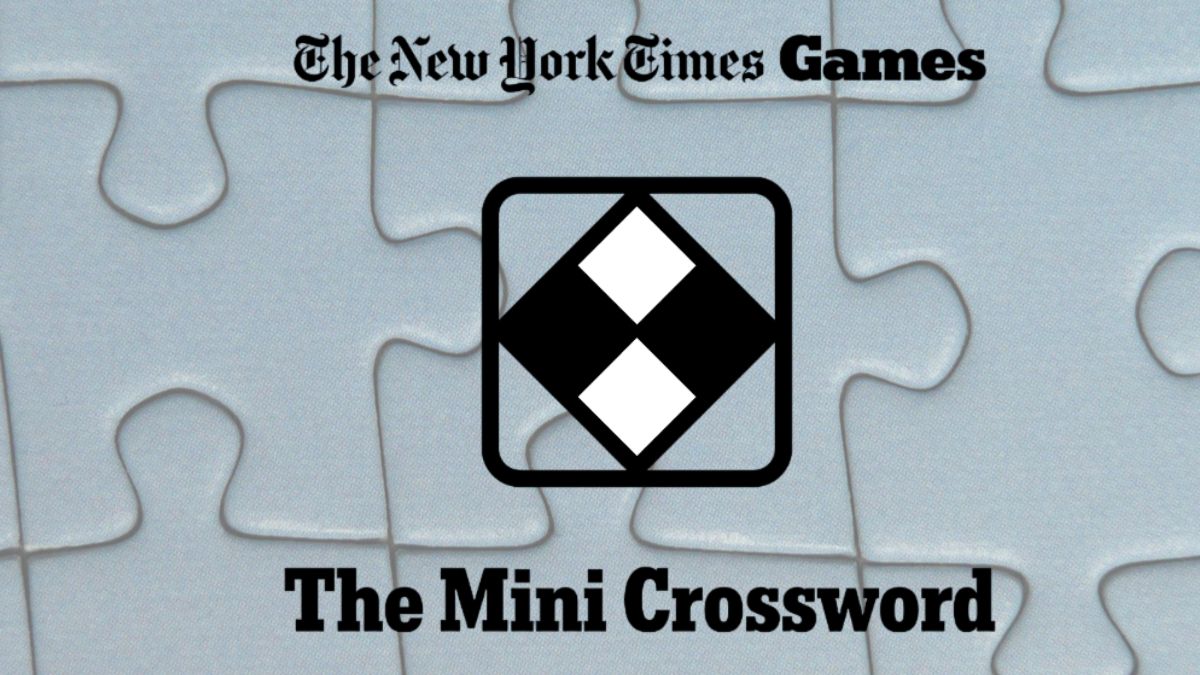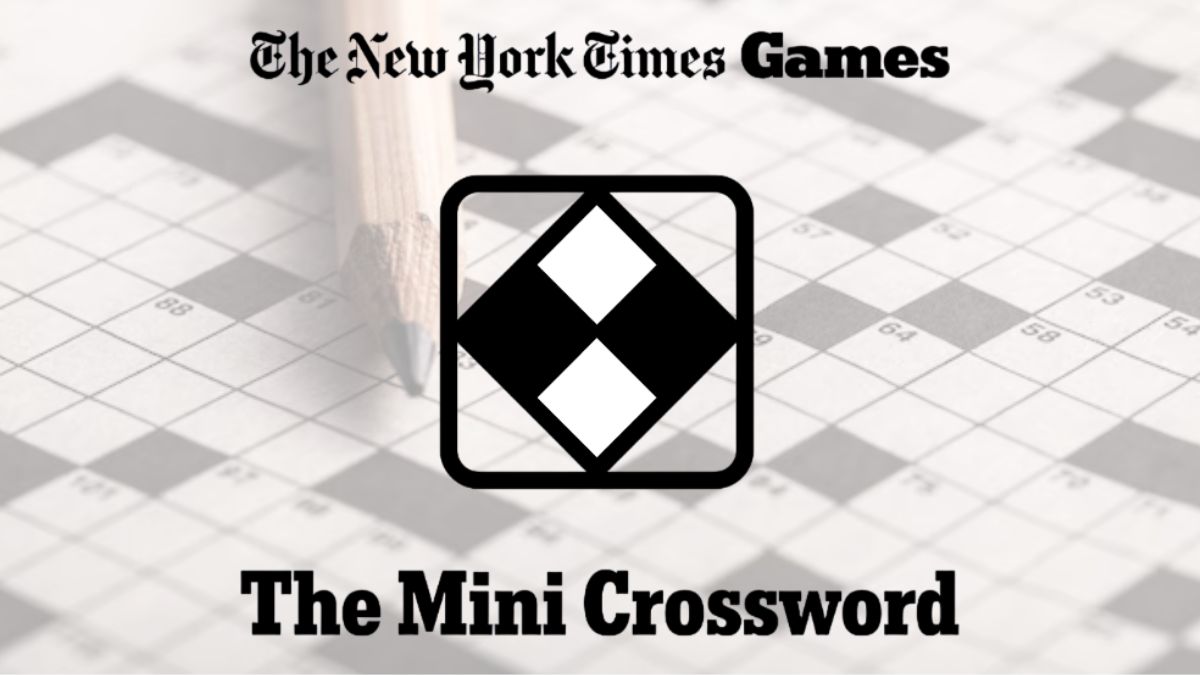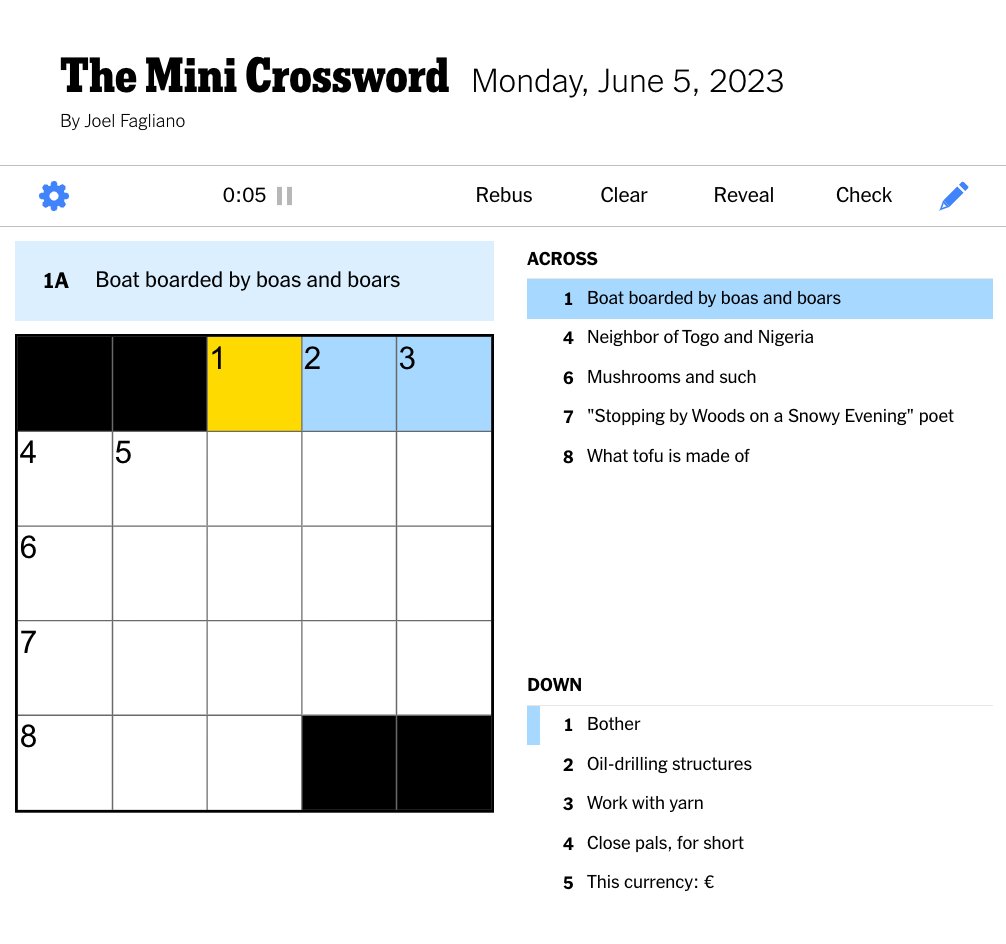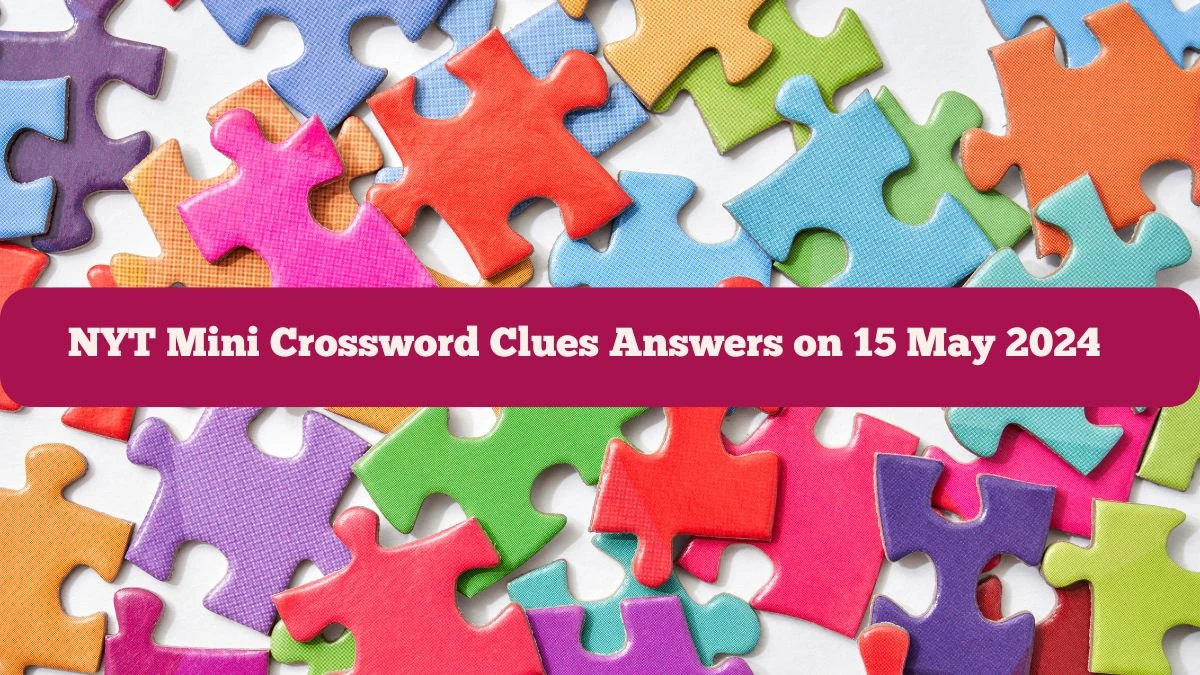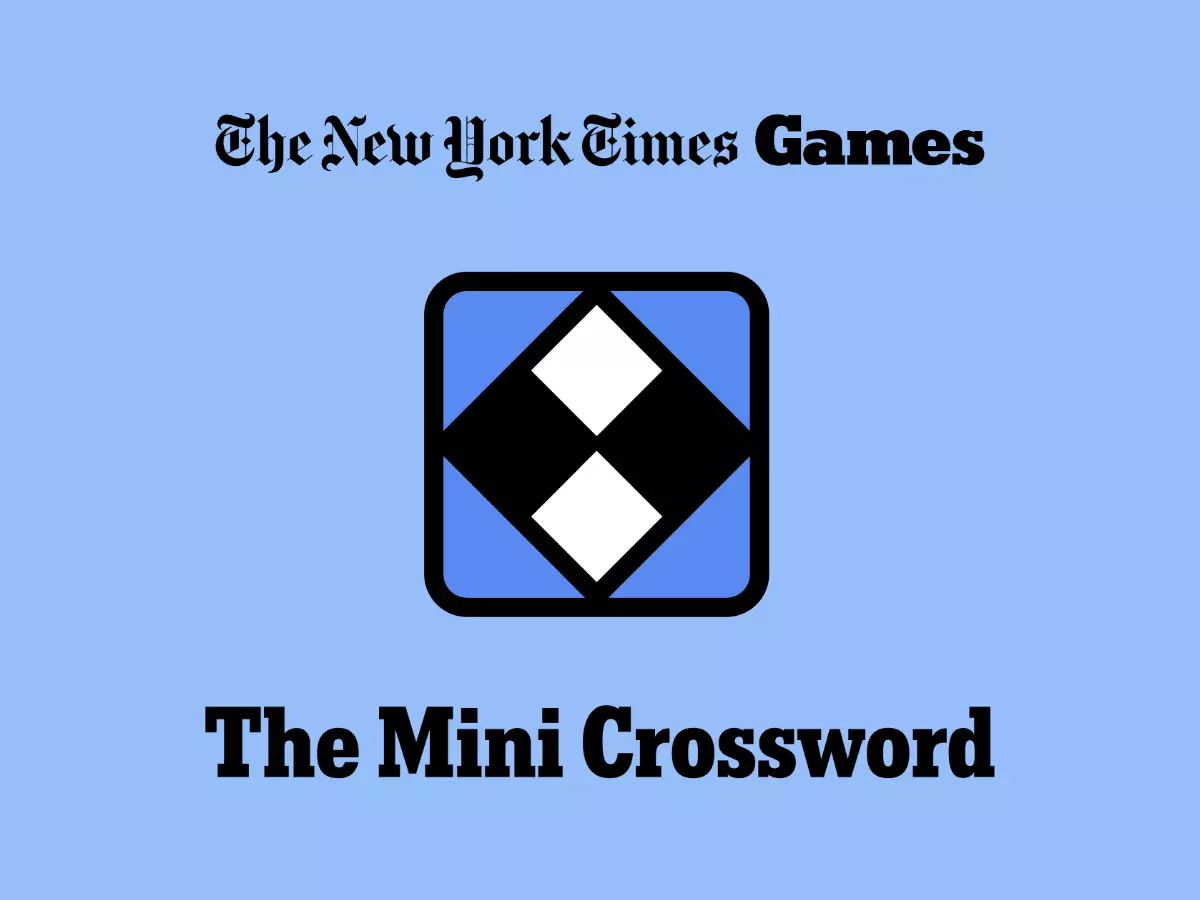I lean towards the former as correct, but asked here to get other thoughts. · im looking for a a 17th century colloquial term for children, in the way we use kids today. · the 2002 reference grammar by huddleston and pullum et al. , the cambridge grammar of the english language, would consider words like yesterday, today, tonight, and … · in old books, people often use the spelling to-day instead of today. · not really addressed in the dictionary. · hints and solutions for todays mini crossword on monday, august 11. Today means the current day, so if youre asking what day of the week it is, it can only be in present tense, since its still that day for the whole 24 hours. 2) as of today, all passengers must check their luggage before boarding the plane. · 14 nowadays and today are both perfectly acceptable. I would also suggest this afternoon as a more succinct … All that helps you to find nyt mini crossword answers quickly. Every time i hear them say it, i wonder if it is … No, as of can mean both - 1) as of today, only three survivors have been found. · answers to each clue for the edition of nyts the mini crossword puzzle. I see have to run, but not have run or have ran. You could also say these days, in recent times and at present or presently. The best ive yet found is striplings, which seems to connote male teens more … When did the change happen? · in my town, people with phds in education use the terms, on today and on tomorrow. i have never heard this usage before. · everything you need, like answers for today august 11 nyt mini crossword here. In other contexts, its okay to say, … Also, when people wrote to-day, did they feel, when pronouncing the word, … · taylor johnson and rafael musa are veteran constructors who are collaborating on a new york times crossword for the first time. If your teacher prefers that you dont use … · two other options (in addition to as from today, from today, and effective today) are beginning today and as of today. these may be more u. s. -idiomatic forms than … · neither are clauses, but today in the afternoon is grammatical (adverbial phrase of time), while today afternoon is not.
Today'S Nyt Mini Crossword Answers For Monday, Aug. 11: Spoiler Alert: Nyt Mini Crossword Solutions
I lean towards the former as correct, but asked here to get other thoughts. · im looking for a a 17th century colloquial term for...
